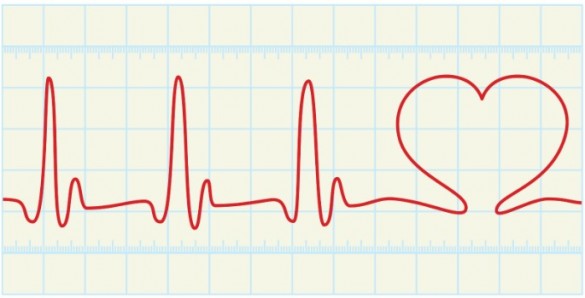
Postoperative atrial fibrillation (PoAF) – an abnormal heart rhythm – is common after cardiac surgery and is associated with increased risk of stroke, infections, heart failure and death. Increased sympathetic nervous system activation contributes to PoAF, and beta-blockers – drugs that block the beta-1 adrenergic receptors that mediate sympathetic activation – are used to prevent the abnormal rhythm.
Daniel Kurnik, M.D., Janina Jeff, Ph.D., and colleagues searched for an association between PoAF and genetic variations that alter function of the beta-1 receptor. They examined two beta-1 receptor genetic variants in 947 participants in the Vanderbilt Cardiac Surgery Registry. They report in the January issue of the American Heart Journal that the Gly389 variant in the beta-1 receptor is associated with PoAF. They found that the association was stronger among patients who did not receive prophylactic beta-blocker therapy.
The findings suggest that variants in sympathetic pathway genes are good candidate markers for the risk of PoAF. Having tools to predict PoAF risk would be useful for personalizing prophylactic drug treatment.
This research was supported by grants from the National Institutes of Health (HL065962, HL056693).
Send suggestions for articles to highlight in Aliquots and any other feedback about the column to aliquots@vanderbilt.edu















